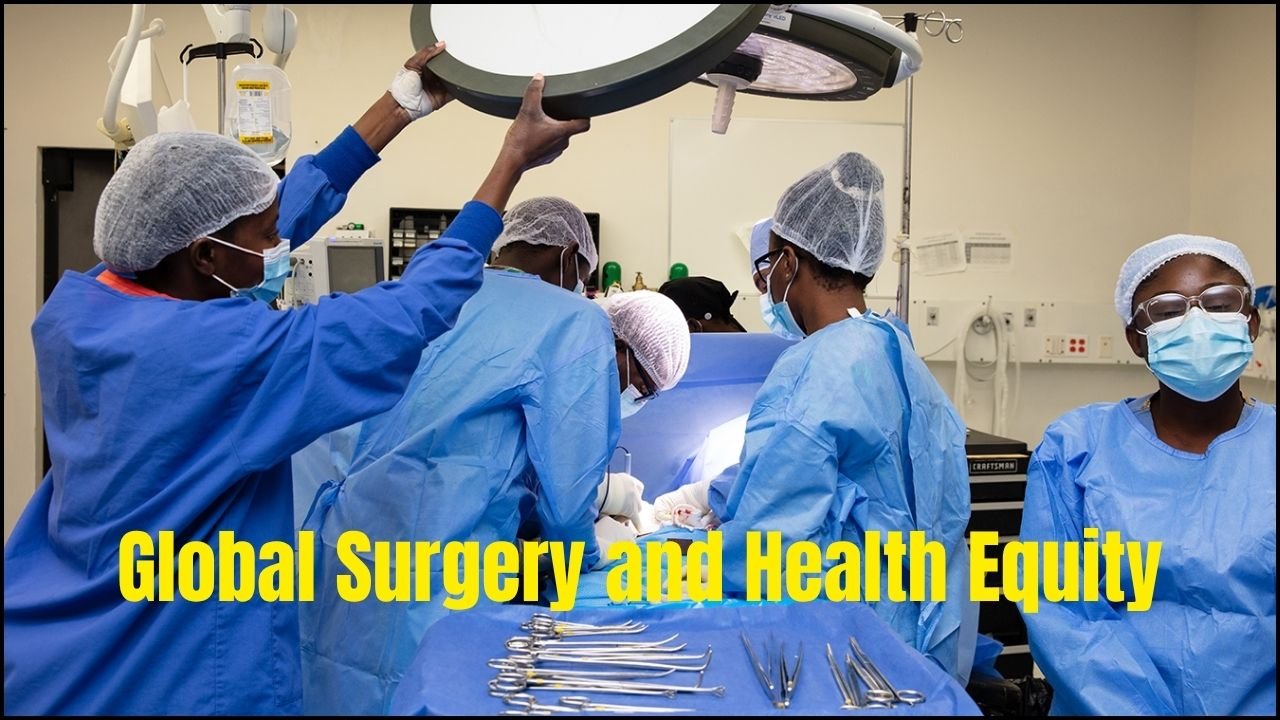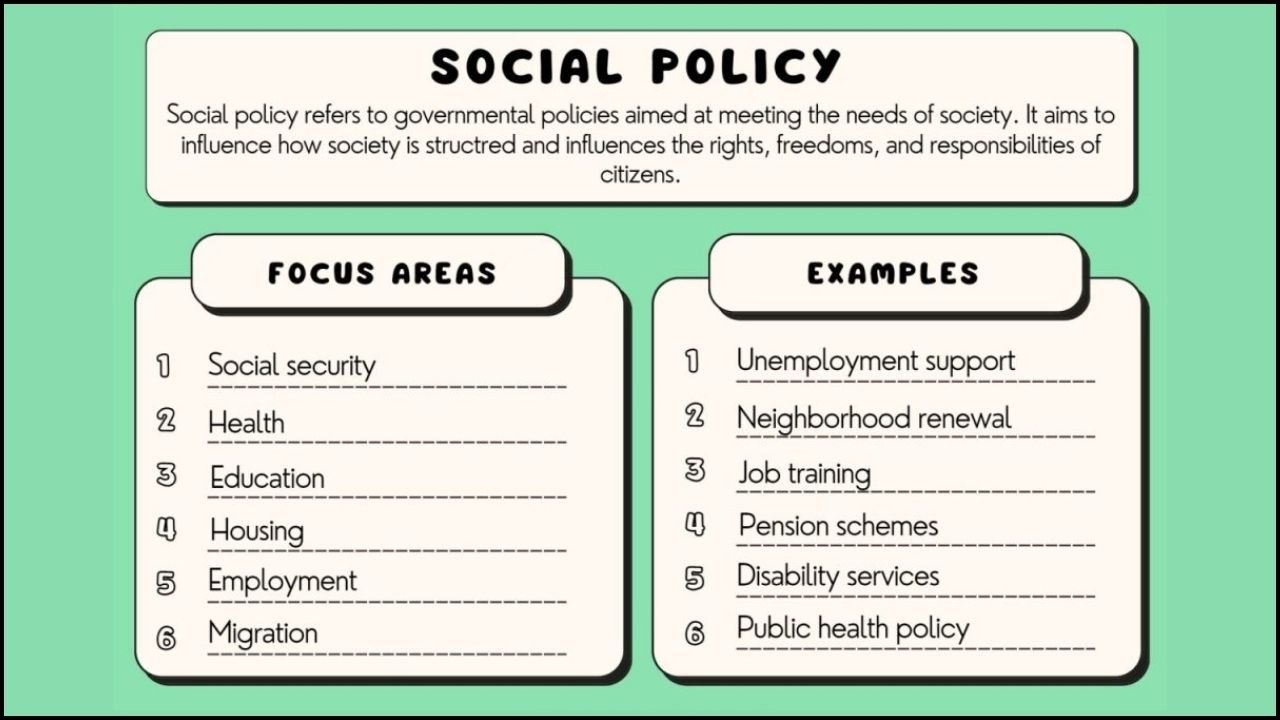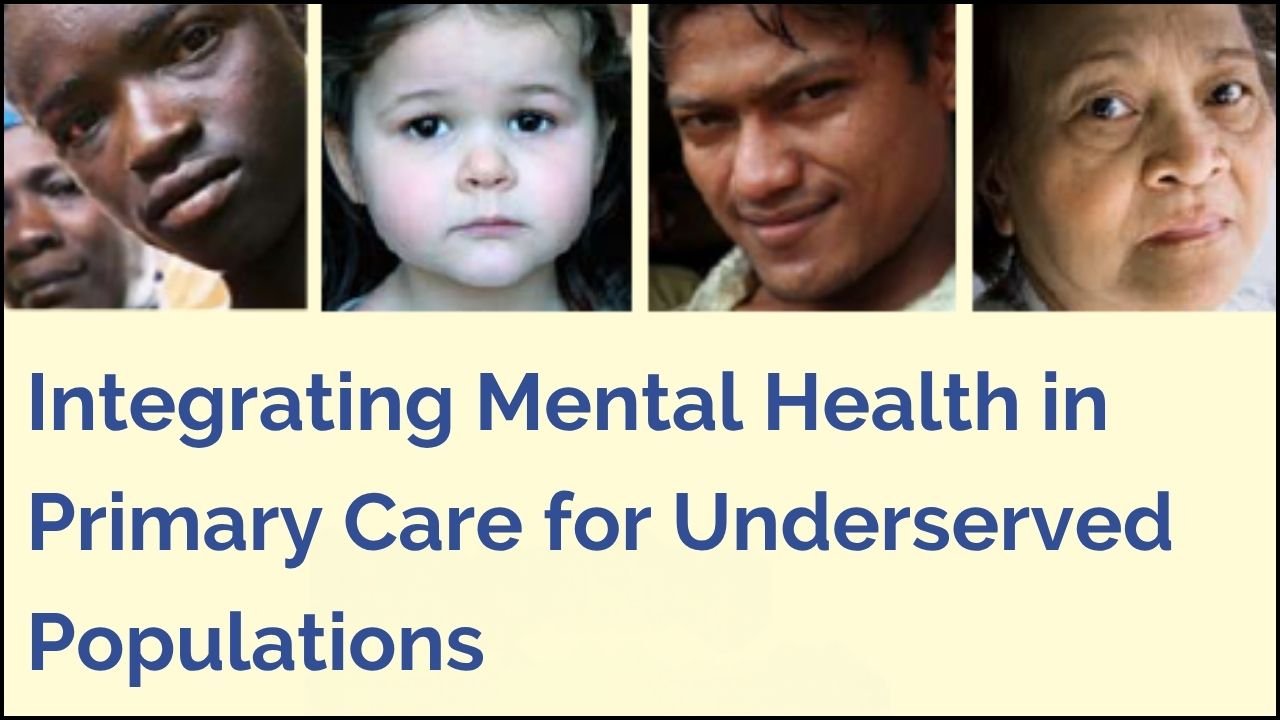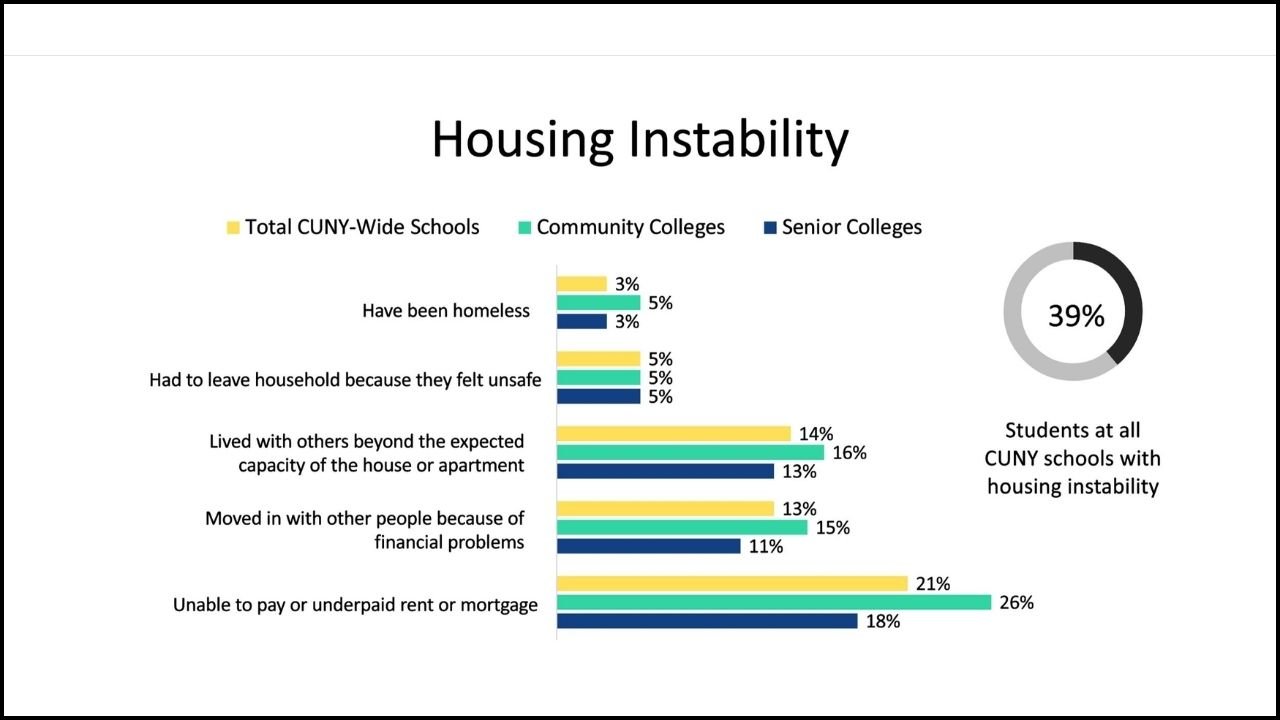
A master’s degree from Johns Hopkins Bloomberg School of Public Health helps students become future leaders in public health. The programs combine education, science, and real-world practice to prepare professionals for today’s complex health challenges. Nine different master’s programs are offered, each with unique goals and learning methods. These programs support students with different career backgrounds and learning preferences—some offer full-time study, others are part-time or fully online.
Table of Contents
Master of Public Health (MPH)
- Flexible Format: Full-time or part-time; in-person or online
- Focus Area: Broad public health issues
- Goal: Prepare professionals to tackle global health problems using evidence-based, multidisciplinary approaches
Key Features:
- Strong, school-wide curriculum
- Suitable for students with or without prior experience
- Designed for leadership roles in public health
Master of Science in Public Health (MSPH)
- Purpose: Offers in-depth training in specific fields of public health
- Eligibility: For students without two years of health-related work experience
- Career Focus: Entry or mid-level roles in public health practice or research
Highlights:
- Alternative to the MPH
- Department-specific concentrations
- More research-focused and skill-based training
Master of Applied Science (MAS)
- Format: Fully online, part-time
- Target Audience: Working professionals or recent graduates
- Goal: Provide applied knowledge to solve public health challenges
Specializations Offered:
| Program | Focus |
|---|---|
| Patient Safety and Healthcare Quality | Reducing errors in healthcare |
| Population Health Management | Improving health outcomes for groups |
| Spatial Analysis for Public Health | Using data and mapping for health decisions |
Master of Health Science (MHS)
- Available in: Every department at the Bloomberg School
- Study Type: Full-time; four academic terms minimum
- Outcome: Foundation for doctoral study or research career
Requirements:
- Written project (essay, thesis, or similar)
- Oral presentation to complete the degree
Master of Science (ScM)
- Focus Area: Hands-on research training
- Ideal For: Students interested in public health research careers
- Structure:
- Four terms of full-time coursework
- Culmination through thesis or similar work
- Final oral presentation
Difference from MHS:
- ScM typically has a stronger research component compared to MHS
Master of Arts in Public Health Biology (MAPHB)
- Format: Fully online, part-time
- Content: Biological principles applied to public health problems
- Goal: Equip students to address health issues from a multidisciplinary view
Program Strengths:
- Emphasizes biological and molecular foundations of public health
- Ideal for students with an interest in research and disease mechanisms
Master of Bioethics (MBE)
- Partnership: Joint program with the Johns Hopkins Berman Institute of Bioethics
- Focus Area: Ethical challenges in health and science
- Audience: Students from diverse academic and professional backgrounds
Skills Gained:
- Ethical reasoning in health policies
- Ability to handle ethical issues in healthcare, research, and public health decisions
Master of Health Administration (MHA)
- Ranking: Top 10 in the U.S. (U.S. News & World Report)
- Duration: Accelerated program with a career-building residency
- Curriculum: Combines business knowledge with healthcare insight
Topics Covered:
| Topic | Application |
|---|---|
| Economic Trends | Understanding healthcare funding |
| Technical Advancements | Managing new health tech tools |
| Market Forces | Responding to industry changes |
Career Outcome: Leadership roles in hospitals, health agencies, and healthcare systems
Master of Science in Toxicology for Human Risk Assessment (MS)
- Unique Feature: Only such a program in the U.S.
- Purpose: Train experts in health and environmental risk
- Career Focus: Toxicology and human risk analysis
Core Topics:
- Chemical exposure
- Regulatory science
- Risk communication and management
Overview of Master’s Degrees
| Degree Program | Mode of Study | Target Group | Main Focus |
|---|---|---|---|
| MPH | Full-time/Part-time, Online/In-person | All backgrounds | Global public health problems |
| MSPH | Department-specific | Students without work experience | Specialized public health skills |
| MAS | Online, Part-time | Professionals or new graduates | Applied public health topics |
| MHS | Full-time | Research-focused students | Advanced study in one discipline |
| ScM | Full-time | Research enthusiasts | Practical research in public health |
| MAPHB | Online, Part-time | Science-focused learners | Biology in public health |
| MBE | Full-time/Part-time | Ethically minded students | Bioethics in public health |
| MHA | Accelerated with residency | Future health managers | Administration and leadership |
| MS in Toxicology | Full-time | Toxicology professionals | Risk assessment in health |
Why Choose Johns Hopkins Bloomberg School of Public Health?
- World-Class Faculty: Learn from experts in various public health disciplines
- Research Opportunities: Participate in cutting-edge global studies
- Flexible Options: Select from in-person, hybrid, or fully online programs
- Interdisciplinary Approach: Combine science, ethics, biology, and administration in health education
- Career Support: Strong alumni network and internship opportunities
Closing Reflections
A master’s degree from the Johns Hopkins Bloomberg School of Public Health opens doors to impactful careers in public health, research, policy, and leadership. With nine specialized programs, the school ensures that students of all backgrounds and interests find a path tailored to their goals. These degrees not only enhance skills but also help solve real-world health issues across the globe.





